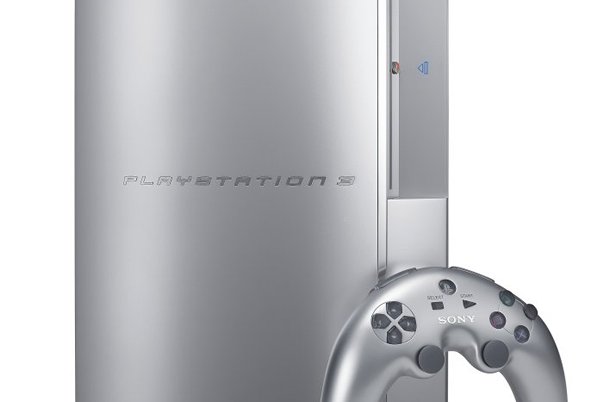Which next-gen console should you buy?
360 vs PS3 vs Revolution in the next-gen war
PLAYSTATION 3
When PlayStation 3 was unveiled 10 months ago, the display of raw power was little short of astonishing. Here, finally, was a games machine capable of pumping out the kind of eye-watering visuals you would normally associate with high-end special effects used in movies.
But to get a real idea of just how powerful PlayStation 3 is you need to speak to a developer working on the system.
Chris Keegan is technical director at Climax. He says that if PS3 existed in 1998, it would have been the most powerful super-computer in the world. He reckons PS3 is roughly 250 times more powerful in raw processing terms than PS2.
But computing power counts for nothing without the support of software publishers. Today, every major third-party publisher is onboard and there are more than 150 titles in development. Highlights include Resident Evil 5, the next Grand Theft Auto and Vision Gran Turismo.
But pick of the bunch so far has to be Metal Gear Solid 4. The latest instalment in the series, which has long been synonymous with Sony hardware, looks incredible.

To really get the most out of PS3, you are going to need to get involved with high definition TV. The console is equipped with two HDMI outputs which, when hooked up to a compatible plasma or LCD display, will result in images of unparalleled clarity and detail.
Further future-proofing comes from the Blu-Ray disc format which the PS3 uses. Blu-Ray discs can hold up to 25GB of data, as opposed to the 4.7GB on the standard DVDs which are used by Xbox 360. Layered disc versions with even more capacity are possible.
During the current generation, Microsoft dominated online console gaming with Xbox Live. I would expect to see Sony offering a fully integrated network service to support PS3 this time around.
If PS3 rollout is structured along similar lines to the PS2 one, it could be October before UK gamers get their hands on it, giving Xbox 360 almost a year's head start.
But Sony is used to managing consumer expectations and playing the wait and see card. After all, going first brings its own set of problems. Just ask Sega.
Sign up to the GamesRadar+ Newsletter
Weekly digests, tales from the communities you love, and more


